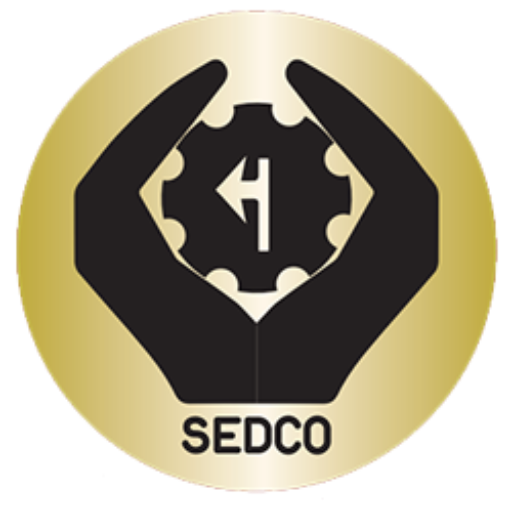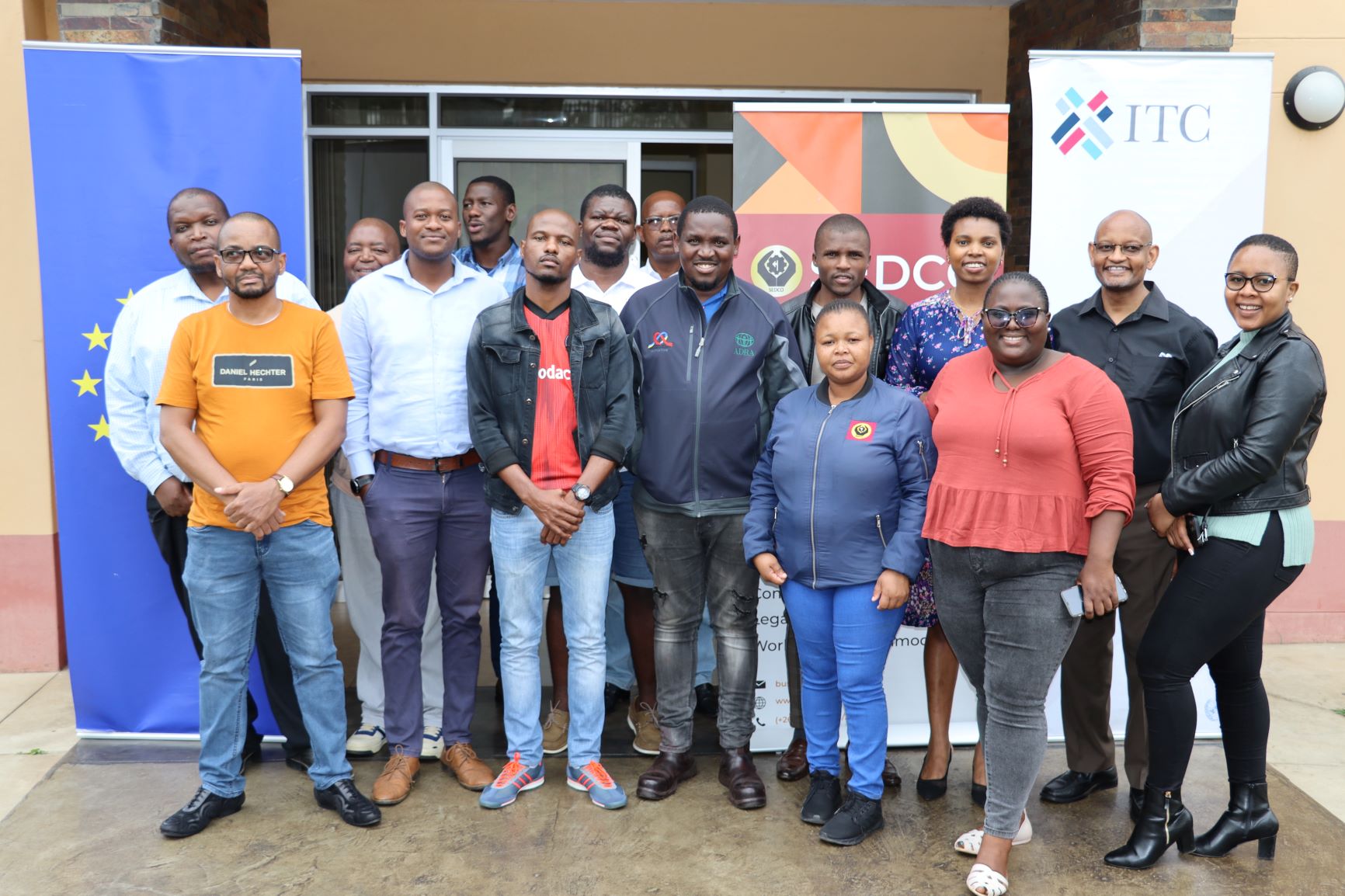- BY MHLENGI MAGONGO- Times of Eswatini
MBABANE – Micro, Small, and Medium enterprises (MSMEs) are the backbone of the Eswatini economy.
They account for a vast share of business establishments and employment. However, they continue to suffer disproportionally because of sudden economic shocks like the COVID-19 pandemic.
With the support of the European Union (EU), the Government of Eswatini, and the International Trade Centre (ITC), within the framework of the EU-funded ‘Eswatini: Promoting growth through competitive alliances ’ITC project, the Small Enterprises Development Company (SEDCO) started to review its tools and business support interventions to assess their relevance and effectiveness.
The main objective of the project is to support job creation for small farmers, entrepreneurs, and artisans. It also seeks to promote export-led growth, especially through the full utilisation of the Southern African Development Community-EU Economic Partnership Agreement (SADC-EU EPA).
With project support, SEDCO’s key staff is currently undergoing a series of training, to strengthen their business support interventions and support to MSMEs on access to finance. The first round of training was held between November 9 and 11, 2022, at the SEDCO Estate in Manzini. The second phase will take place between December 7 and 9, 2022.
Expert
ITC’s Financial Services Expert, Kiriinya Kithinji, leads this training. His mandate is to help SEDCO staff improve their business development services to MSMEs to attract funding, as well as specific financing schemes that can be tapped into. He also helps participants understand context, financial needs, and the risks of different value chains and to master the ITC MSMEs capacity-building methodology and tools for increased access to capital for MSMEs. For SEDCO Senior Manager Strategy and Organisational Performance
Themba Dlamini, this training is crucial. He said: “A lot has happened in the country. These events have affected MSMEs and the ease of doing business. We must recalibrate our tools and approaches and find new ways of mentoring and coaching. Our ultimate goal is to see MSMEs succeed in their objectives and create wealth. If we can get them to achieve that goal, by extension SEDCO will share their success.” Established in 1970, SEDCO’s mandate is to create, develop, and promote MSMEs in the Kingdom of Eswatini. The company has nine estates in Eswatini, with about 150 MSMEs under incubation whom they support, monitor, and create tailored capacity development plans. “The training will help us to review our curriculum and also empower our business coaches to better assist MSMEs in issues such as financial management, sourcing of finance, people management, and operations management,” Dlamini added.
Trained
SEDCO Training Manager Sibusiso Musi is part of the team that is being trained by ITC. He has been an MSMEs trainer with SEDCO for about 10 years.
He commended the training, the facilitator, and their innovation: “I now see that we need to go back to the basics. We must revise our training material, but also rethink the objectives behind it. We are grateful for the expert knowledge and practical experience shared with us, and for the opportunity to participate. We are now in a better position to help MSMEs,” said Musi. The EU Programme Officer for Private Sector Development, Business Climate and Sustainable Inclusive Growth, Luis Miguel Pascoal, highlighted that the project aims to enhance the capacities of business support institutions and associations, with improved and more inclusive delivery of support services to MSMEs: “The aim is to develop tailored business support services taking into account the real needs and gaps of the enterprises.”

